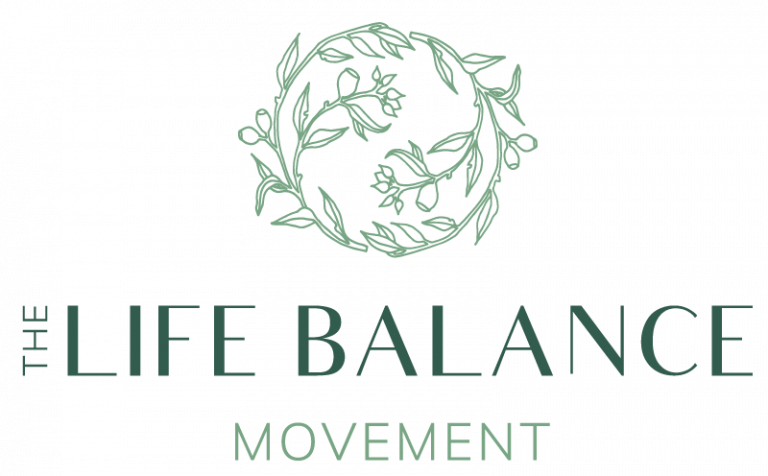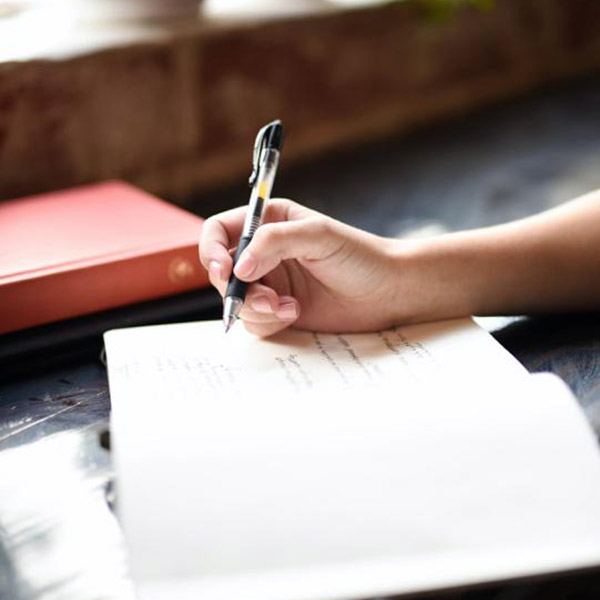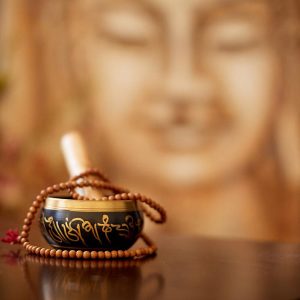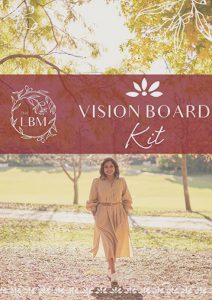Journaling is as old as time. Frequently dismissed as an activity for kids in school, it is often recommended as an effective method for adults to help process emotions and create more self-awareness. In fact, a study from 2006 has shown people experiencing a greater decrease in their psychological symptoms when writing about a stressful experience versus when drawing about the experience.
Journaling is essentially free-writing. There are no rules, there is no need for structure, corrections or editing. No attention is required to spelling, grammar or punctuation. The focus is simply to get your thoughts on paper and to do so continuously for a period of time, say 15-20 minutes a day (or longer if you wish).
If you are completely unfamiliar with journaling, it might take some time to get used to actually penning your thoughts down. There might even be a sense of being stuck or not knowing how to begin.
If this is the case, notice the mental chatter: Am I starting right? Perhaps there is a better way to do this? Ugh, maybe I’ll do this later! Observe the thoughts but resist the urge to abandon or correct, and just begin – right there, even jotting those very thoughts down.
Over time, journaling allows us to practise channelling our feelings and thoughts without immediately judging them. It allows space for deeper layers of thought to emerge, those that might otherwise be shy of our mental screening and control. It can even allow for creativity in expression.
Journaling has been my go-to strategy to process any complex situation where I feel overwhelm. I have found it to be a far healthier alternative to internalising stress and suppressing emotions to ‘just get on with it’. Raw and unedited, it allows me to explore the full range of emotions that the situation evokes in me. Often, simply the act or process of journaling is enough to transform overwhelm into clarity, and for the solution to emerge.
Journaling is like looking in the mirror. It allows us to observe and learn more about ourselves by reflecting back how we think and feel. Sometimes this looking in the mirror takes courage. It can be confronting to see unexpected or intense emotions come up, particularly outside our list of should and should nots. Even so, it gives us valuable insight into ourselves, including the shadow side.
Last but not least, there is no need to hold ourselves hostage to the words we wrote. Journaling may reflect how we feel and think about a situation at a point in time, but not how we will feel or act on it in future. The key is to let go and allow the process to work for itself – let whatever comes up, come up!
